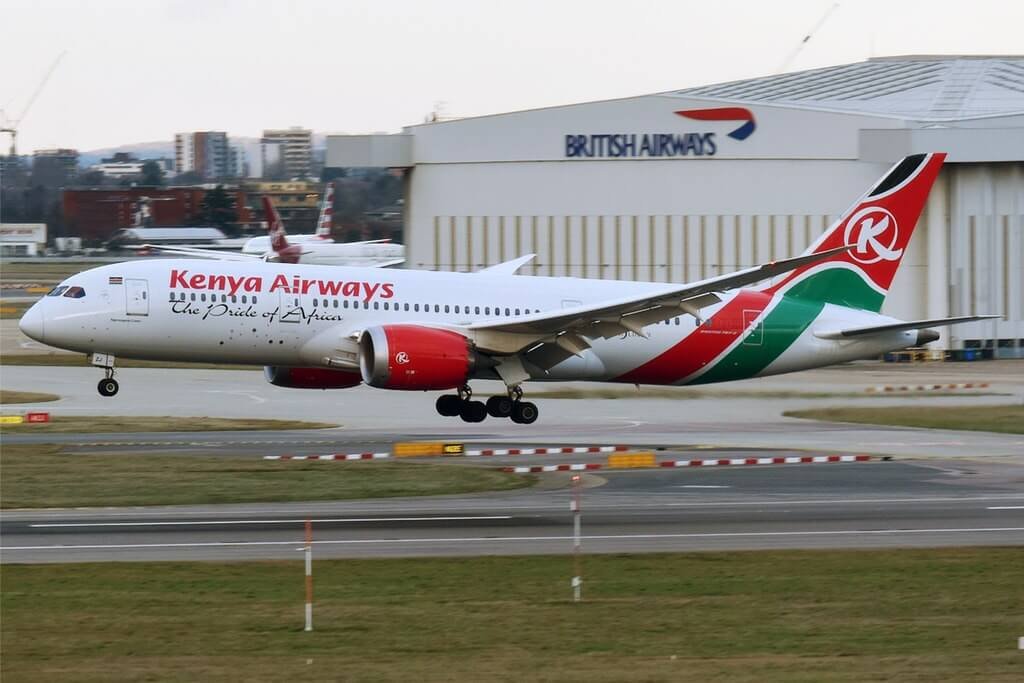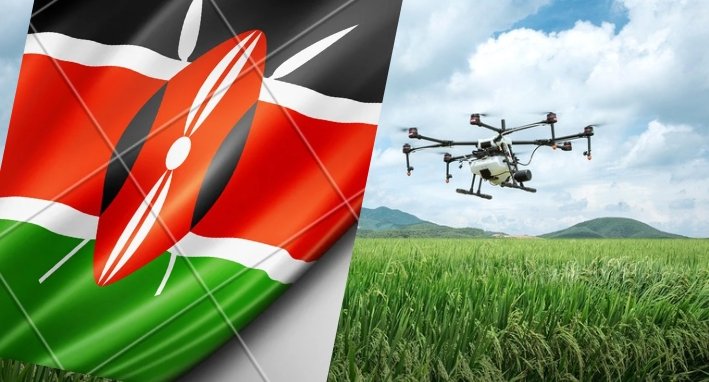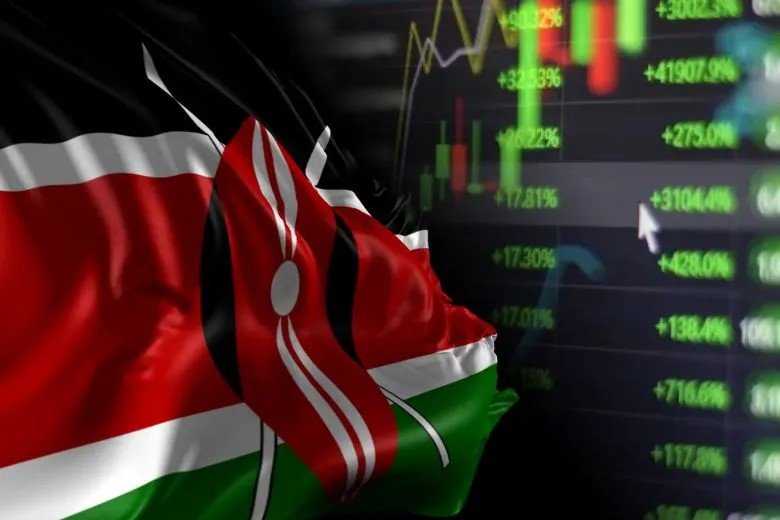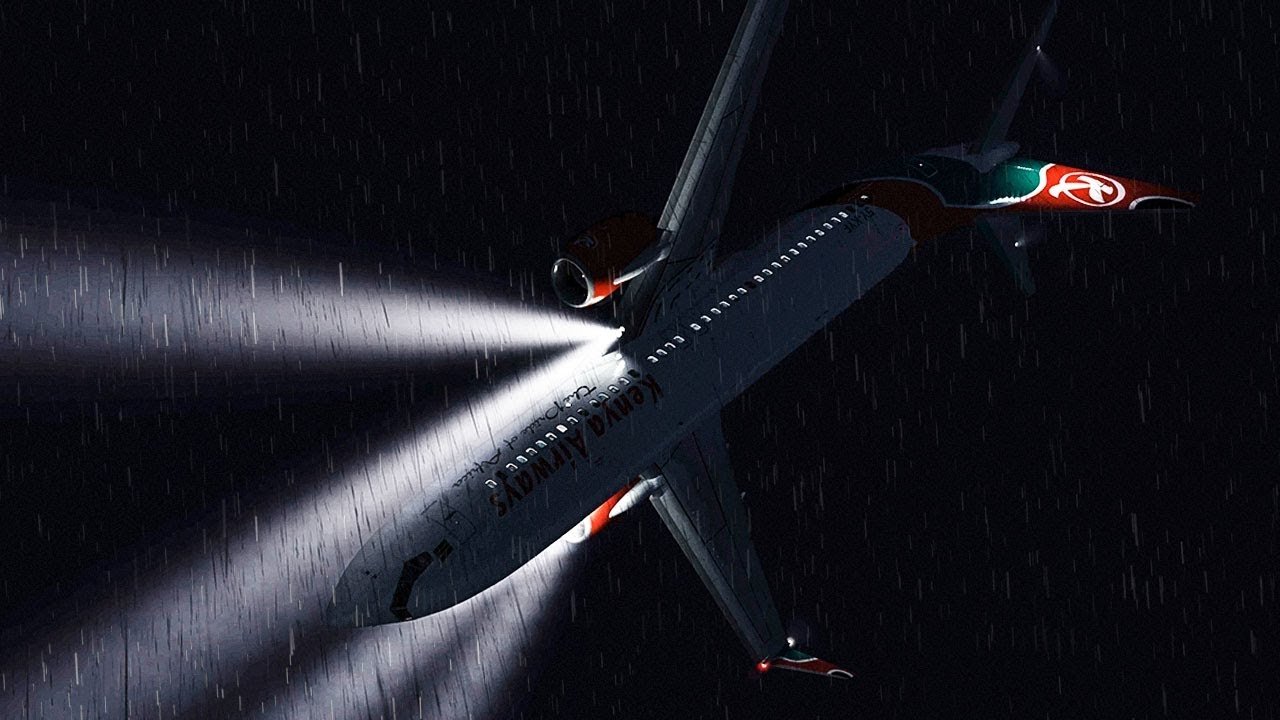
SECURITY CHECKS AND PASSENGER SECURITY PROCEDURES AT AIRPORTS IN KENYA
Airport security is a critical aspect of ensuring the safety of passengers, crew, and aircraft, while preventing unlawful activities such as terrorism, smuggling, and other criminal acts. In Kenya, as in other countries, airport security is governed by both international and national laws and regulations. The Kenya Civil Aviation Authority (KCAA), in collaboration with various security agencies, ensures that airport security procedures are effectively implemented to safeguard civil aviation industry. This legal framework is designed to protect passengers’ rights while maintaining high standards of safety and security at Kenyan airports.
Kenya’s legal framework for aviation security is influenced by international conventions, regional agreements, and national legislation. The following outlines the major components of the legal structure that governs security checks and procedures in Kenyan airports. The Civil Aviation Act is the primary legislation regulating civil aviation in Kenya. It establishes the Kenya Civil Aviation Authority (KCAA) as the key regulatory body for the aviation sector, responsible for ensuring the safety and security of air travel. The Act empowers the KCAA to set regulations concerning airport security, including the implementation of security screening and procedures for passengers, baggage, and cargo. Section 7 of the Civil Aviation Act outlines the functions of the KCAA, which include ensuring the safety, security, and efficiency of air navigation services, including the development of security regulations and overseeing their implementation at airports in Kenya.
Kenya is a signatory to the International Civil Aviation Organization (ICAO) (The Chicago Convention), an agency of the United Nations that sets global standards for civil aviation safety, security, and efficiency. ICAO’s Annex 17 outlines the international standards and recommended practices for aviation security. Kenya is obligated to comply with these standards through the KCAA, which ensures that all security procedures at Kenyan airports align with ICAO requirements. Annex 17 covers various aspects of airport security, including the screening of passengers, baggage, and cargo, the prevention of unlawful interference, and the establishment of security management systems. Kenya is required to implement these measures to mitigate risks to civil aviation.
The Civil Aviation (Rules of the Air) Regulations and the Civil Aviation (Operation of Aircraft—General Aviation—Aeroplanes) Regulations,2018: These regulations provide specific guidelines on how air navigation should be managed within Kenya’s airspace. They include provisions for airport security, specifying how passengers, staff, and aircraft are to be screened before departure. The regulations give effect to ICAO’s Annex 17 and establish security procedures for domestic and international flights. The Kenya Airports Authority (KAA) is responsible for managing and maintaining the country’s airports, including overseeing security operations. KAA works closely with the KCAA, security agencies, and airport management to implement and monitor security procedures at airports. This includes the deployment of security personnel, the installation of security equipment such as scanners, and ensuring compliance with national and international security standards.
The National Intelligence Service (NIS) and the Kenya Police Service play a significant role in ensuring security at Kenyan airports. They collaborate with the KCAA and KAA to conduct intelligence gathering, monitor suspicious activities, and prevent any potential threats to aviation safety. Security agencies at airports are responsible for investigating and addressing any security risks or emergencies.
Security Procedures for Passengers at Kenyan Airports
Airport security procedures in Kenya are designed to protect passengers, aircraft, and aviation infrastructure from security threats. Key procedures include: All passengers must undergo security screening before they board their flight. This includes passing through metal detectors, being subjected to full-body scanners, and having their carry-on luggage screened through X-ray machines to detect prohibited items such as weapons, explosives, or contraband. Passengers may also be asked to remove belts, shoes, and jackets during the screening process. Passengers’ checked baggage and cargo are also subject to security screening to ensure that dangerous items do not make it onto the aircraft. This involves the use of X-ray machines and explosive detection systems (EDS). In some cases, items may be physically searched or undergo further inspection if they trigger alarms during screening.
Passengers are required to show valid travel documents, such as passports or national ID cards, along with their boarding passes/authorization. This ensures that only authorized individuals are allowed to board the aircraft and helps to prevent identity fraud or unauthorized access to restricted areas. Security measures are enhanced for passengers deemed to be high-risk, such as diplomats, VIPs, or individuals flagged for security reasons. These passengers may undergo additional screenings or may be subject to a more thorough inspection by security personnel. Security checks are not limited to passengers; airport staff, including airline crew members, ground staff, and maintenance personnel, are also subject to regular background checks and security screenings. This ensures that no one in the airport’s vicinity poses a potential security threat.
Privacy and Rights of Passengers
While airport security procedures are necessary to protect passengers and aviation infrastructure, it is also crucial that the privacy and rights of passengers are respected during security checks. The following are important aspects of passengers’ rights in Kenya’s airport security system: Right to Privacy whereby passengers are entitled to privacy during security checks. Full-body scanners, pat-downs, and searches should be conducted in a manner that protects passengers’ dignity and personal privacy. Airport security personnel are required to carry out searches in a respectful and professional manner, ensuring minimal invasiveness.
Security checks should not discriminate against passengers based on their race, nationality, religion, or gender. Discrimination, such as racial profiling, is prohibited by both Kenyan law and international human rights standards. If a passenger feels they were unfairly treated during a security check or subjected to excessive searches, they have the right to file a complaint with airport authorities, the KCAA, or relevant oversight bodies. Passengers should be informed of their right to appeal or seek redress if they believe their rights have been violated.
The legal framework governing airport security in Kenya, primarily the Civil Aviation Act and the regulations set out by the Kenya Civil Aviation Authority (KCAA), ensures that aviation safety is upheld through effective passenger screening and safety procedures. These regulations are designed to align with international standards set by ICAO and are enforced by the Kenya Airports Authority (KAA) and security agencies such as the Kenya Police Service and National Intelligence Service. While the importance of stringent security checks cannot be overstated, it is equally important to safeguard the rights of passengers, ensuring that their privacy is protected and that they are not subjected to discriminatory or excessive treatment during security procedures. In balancing security and passengers’ rights, Kenya must continue to evolve its regulatory and procedural frameworks, adopting best practices that respect human dignity while ensuring that the aviation industry remains safe and secure.
For more information or assistance in aviation matters in Kenya contact us on info@aowangaadvocates.com or +254794600191
All rights reserved for A.O.WANGA ADVOCATES






Leave a Reply